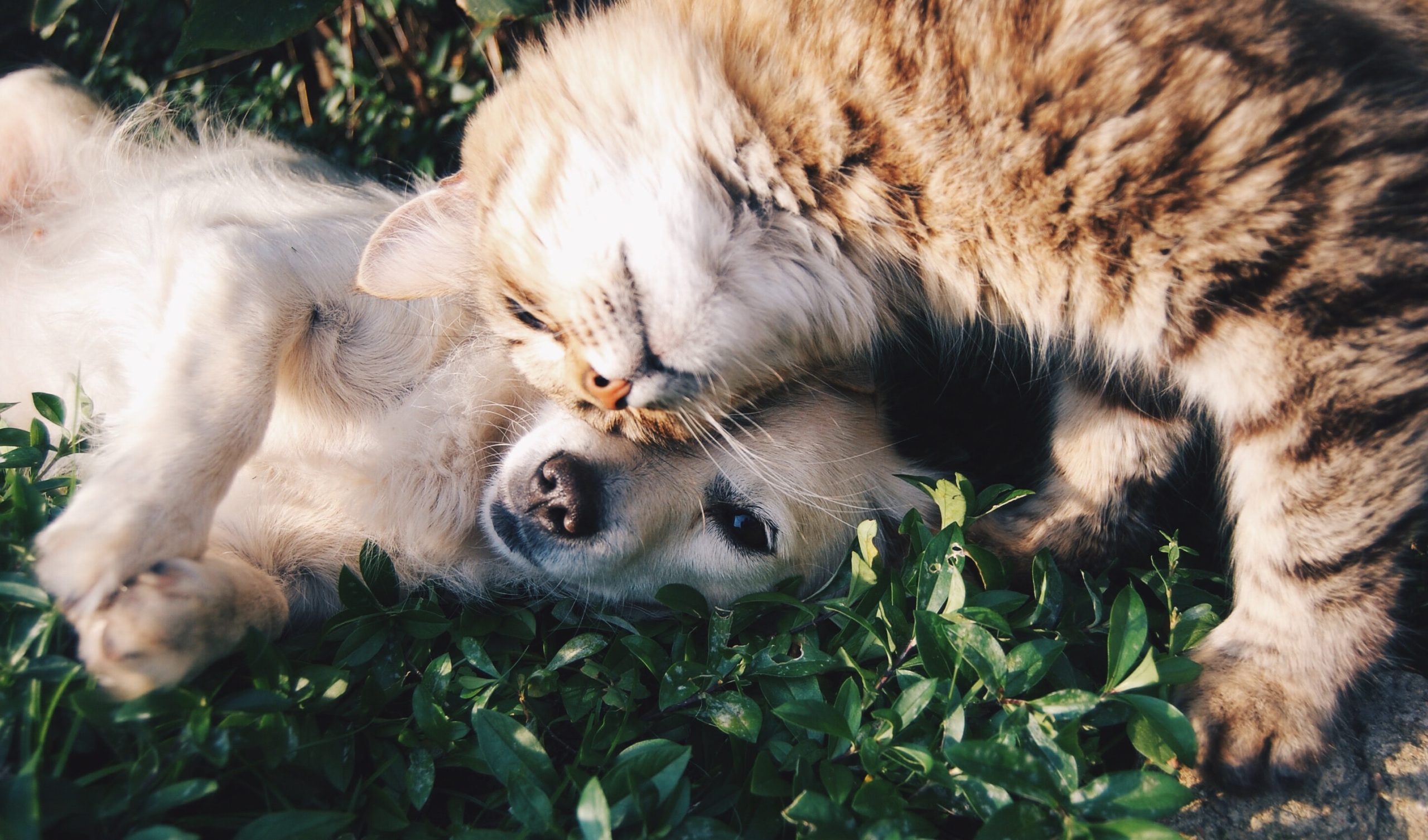Whether your family includes loved ones you birthed, adopted, or who birthed you, it’s important to remember that our pets need as much financial and estate planning as our babies who lack the benefit of genetic-based clothing. Now, I know that there are some of you out there who are going, “Seriously?!,” but for people for whom biological/adopted kids weren’t an option (by choice or by biology), or whose kids are long gone grown and flown, often pets are a very real substitute.
Right out of the gate, our pets should have their own line item in our cash flow plans (yes, those budgets I’m always banging on about—will she ever stop…no, she won’t.) When we are calculating the level of Cash Reserve we should be maintaining, our baseline is often those non-discretionary items that have to be paid like the mortgage/rent, car payment, utilities, and basic food. In that food category, make sure you have food for your pets, particularly if they require special (= more expensive) food. If you have a pet that is on meds then there better be a little extra in your Cash Reserve to cover those costs (and no, despite many of our efforts, medical plans won’t cover the cost of pet prescriptions (and don’t think I haven’t tried).
This all leads me to pet insurance. A wise choice or another “insurance” program just this side of a scam? The answer is “it depends.” As with any insurance, you really have to run the numbers to see if carrying this type of coverage makes sense overall. Like your homeowner’s policy, there is usually a deductible (which should be built into your cash reserve, just like your car and home deductible) and most are reimbursement based which means you pay the vet, submit the bill, and receive some level of reimbursement for the expense. Unlike health insurance, wellness visits aren’t usually covered (although this is starting to change) and very often policies cover only a portion of treatment similar to the co-insurance you find with some health insurance programs. If your fur baby has a pre-existing condition, you’re probably out of luck unless you put the insurance in place when they very young and you didn’t know about the issue. There could also be coverage limits such as lifetime limits, per condition limits, and/or per year limits and you can sometimes add riders for boarding, travel in the event of urgent treatment, or pet retrieval in the event pets are lost (or stolen, which is becoming a surprisingly frequent occurrence). As I said – “it depends.”
All that covers if something happens to our non-human kids so what about if something happens to us? With a show of hands, how many of you have instructions in your wills that cover how your pets will be taken care of if something happens to you? I’m guessing that there aren’t too many hands in the air. You put beneficiary designations on your retirement accounts, you build trusts for your errant children/grandchildren, you leave bequests to various schools and charities but what happens to those pets who have loved you unconditionally all those years (yes, even those cat owners out there…deep down, they love you, too). Make sure there are some instructions that outline who is going to take your pets, make sure your executor is very clear of your intentions, and make sure those people/organizations who are taking on this responsibility are on board with the idea. This leads me to funding that care…
Circle back to that earlier paragraph about budgeting and use that line item to build some funding into your estate plans to reimburse those kind people who are willing to take Fluffy until the end of his/her days. Taking on the cost of the family’s beloved gerbil is one thing given it’s ~3 yr. life span, it’s a whole other thing to house the family’s parakeet with its potential 20-year life span or even a cat, dog, or horse which can live 5, 10, or 15+ years (one of our cats crossed the 19-year mark). You could instruct your executor to set aside some funds for this cost, you could set up an immediate annuity to cover the costs if you have a number of animals with longer life spans, or you could even set up a small trust that would provide the new parent with an annual stipend and the balance (once your beloved pet joined you) could go to a charity. The key point is, just as house guests should be conscious of their impact on their hosts, you should be conscious of the sacrifice your pet’s new parent is making.
Image credit: Photo by Krista Mangulsone on Unsplash

